Posted on 11/29/2022
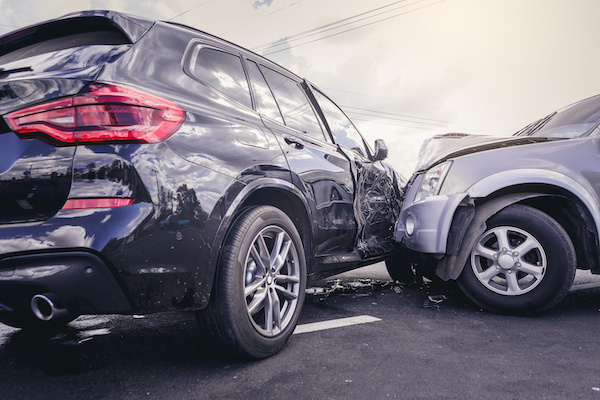
According to NHTSA, the U.S. records approximately 6 million auto accidents yearly. Some of these accidents are minor, but some are catastrophic, and they often leave the involved victims in shock. The horror and shock you may experience in such accidents may make you lose your memory and calm. You're less likely to act calmly and undertake the recommended safety measures. It's thus prudent to engage in drills and educational programs that teach you how to act after getting involved in a road accident. What should you do after an accident? First, avoid panic, arguments, or fights because such engagements may worsen the situation. If the accident has left you in the middle of a busy road, seek safe ground, but don't leave the scene unless you seek emergency medical assistance. Once you're in safety, find out whether any involved person has sustained serious or minor injuries that need immediate medical attention. If you find any serious injuries that need urgent me ... read more
Posted on 10/31/2022
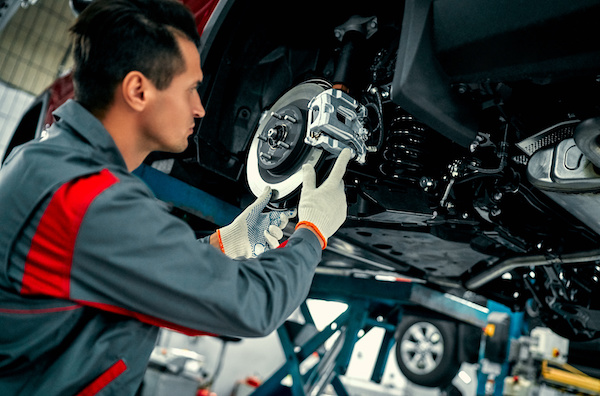
When it comes to your vehicle, the brakes are one of the most important safety features. brakes that are in good condition are essential for stopping your vehicle in a timely and safe manner. There are a few different signs that your vehicle may need brake service. If you notice any of these signs, it's important to bring your vehicle into an auto repair shop as soon as possible. 1. Soft or Mushy Brakes One of the most common signs that your vehicle needs brake service is if the brake pedal feels mushy or soft when you press it. This is often caused by a leak in the brake system. If the brake pedal feels mushy, it will take longer to stop your vehicle, which could be dangerous. 2. Squealing or Screeching Noises Another sign that your vehicle needs brake service is if you hear a squealing noise when you press the brakes. This noise is usually caused by wear on the brake pads. When the brake pads wear down, they start to squeal. This is a sign that it's time to replace the b ... read more
Posted on 9/29/2022
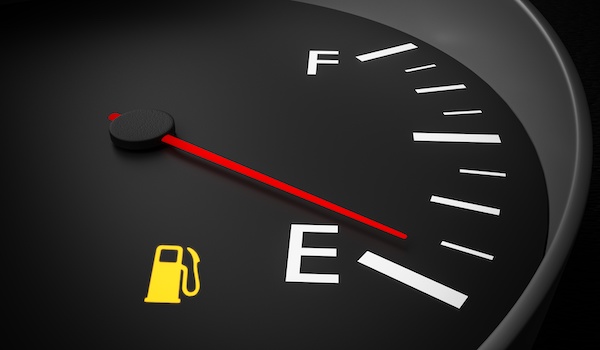
We’ve all been victims of seeing the low fuel warning light come up on our car’s dashboard before. Some people panic and immediately zip to find the closest gas station, but there are a handful of risk takers out there who push it as far as they can before filling up. Whether you’re tempting fate, or simply not paying attention, running on an empty tank can hurt your vehicle in the long run. Read on to learn why. Most low-fuel signals don’t illuminate until it approximates that you have a 30-50 miles range of driving left. It is very important that you understand that your car is simply making an estimate. Depending on your traffic patterns, your car can burn more or less at a distance. The most obvious reason why you shouldn’t run your gas tank empty is that you don’t want to be stuck and stranded. It is a major inconvenience, and it should be avoided. Most people don’t know that running on empty can also harm your vehi ... read more
Posted on 8/31/2022
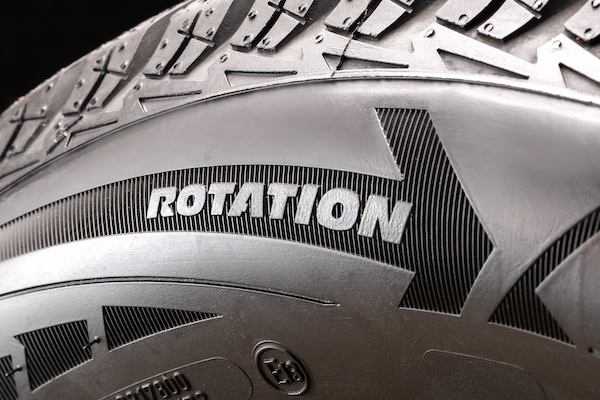
Tire rotations are just as important as oil changes when it comes to car maintenance. In fact, we advise that you have them done at the same time, so you don’t forget. Tire rotations are simply a service that involves changing the position of your tires, from front to rear, side to side, and vice versa. They are necessary to ensure your tires wear evenly and safely. Here are all the benefits of routine tire rotations: Extend Wear While tire rotation services have many advantages, the best one is that they extend the life of your tires. Most tires naturally wear faster in the front versus the rear. By changing their position, tire rotations promote even treads on each tire so your tires can last longer. Promotes Safe Driving The handling of your vehicle can greatly improve with regular tire rotations. By ensuring your tires wear evenly, you’re guaranteed a smoother ride and proper traction. Enhance Fuel Efficiency Who doesn’t love saving money on fuel? An i ... read more
Posted on 7/28/2022
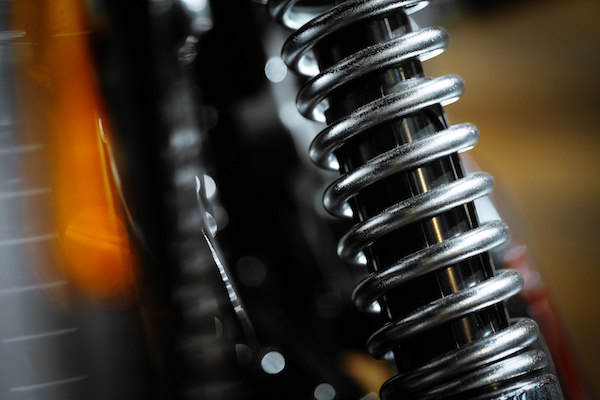
Your vehicle has wide-ranging components and systems to help make the drive smoother and safer, and one of them is its suspension. It typically consists of shock absorbers and struts. Modern cars have struts in the front and shocks at the rear, while older vehicles have shocks at both the front and back. While both serve similar functions, they're different parts that can't be used interchangeably. Here's a look at what shock absorbers are, how long they should last, and signs that show they may need replacing. What are Shocks? Shock absorbers help keep your vehicle's tires on the tarmac. They're individual components of the suspension system. They comprise a piston attached to the end of a rod inside a pressure tube. The rod acts against hydraulic fluid inside the pressure tube as th ... read more
Posted on 7/23/2021
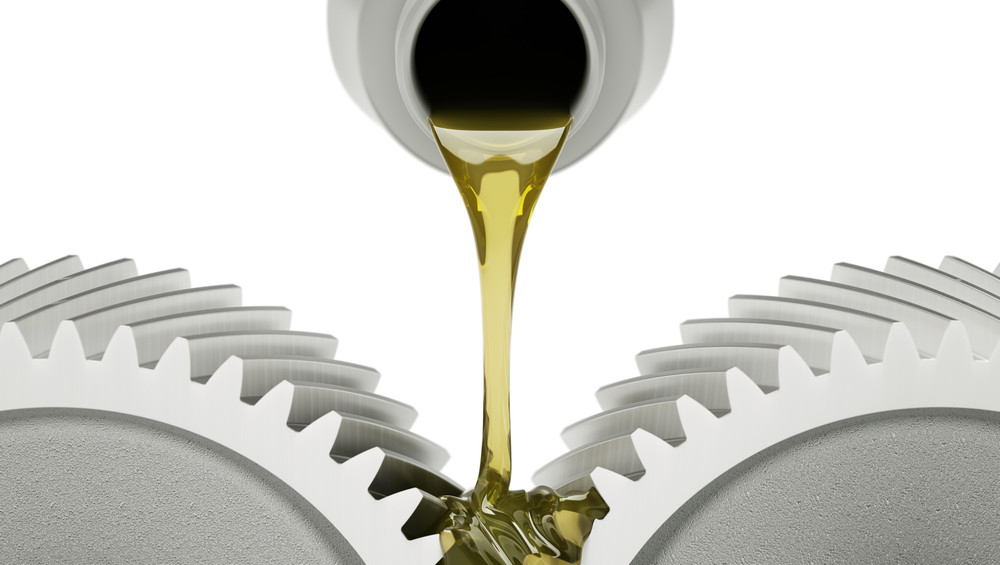
Big advances in automotive technology have led to the development of high-tech fluids to keep pace. A simple example of this is the cooling system. For decades it was primarily made out of iron, steel and rubber hoses. There was one kind of coolant that protected these components from corrosion. Now cooling system components are made with various metal alloys and plastics. These materials require different additives to protect them from corrosion. Since the materials used vary from manufacturer to manufacturer, we now have a number of different kinds of coolant. And it's important for Gilbert drivers to use the right coolant. If you pour in the wrong kind, it won't protect the cooling system and may even void the warranty. Of course, your friendly and knowledgeable pros at Spectrum Car Care will know the proper coolant to use. If you're concerned you may have use the wrong fluid, be safe and have your friendly and knowledgeable Spectrum C ... read more
Posted on 6/25/2021
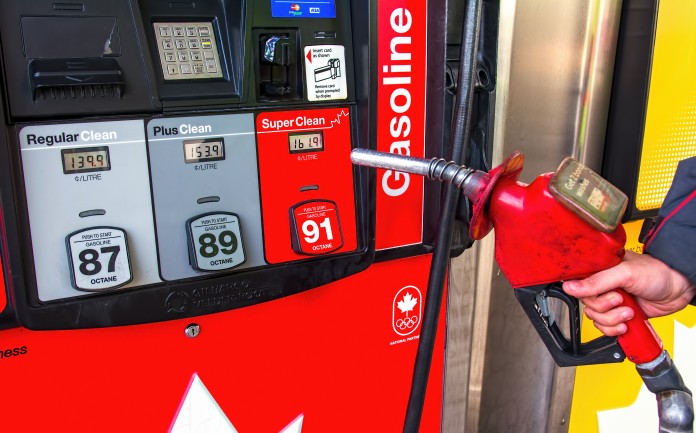
High AZ gas prices have hit most of our budgets here in Gilbert. If increased fuel costs are consuming a bigger portion of your budget, you may be tempted to skimp in some other areas – like scheduled maintenance. According to AZ news reports and industry studies, you're not alone. Nine out of ten personal vehicles on the road have at least one maintenance or repair item that hasn't been . Some of these items are serious safety concerns. Others are just more likely to affect the cost of operating your vehicle. In this area, we can take a lesson from professional vehicle owners in the Gilbert area: fleet owners and operators like trucking companies and Gilbert delivery services. Because their livelihood depends on it, they have gotten scheduled maintenance down to a science. And the last thing they skimp on is regular maintenance. Why is that? Well, for one thing they know that routine maintenance prevents repairs and costly breakdowns. They also know t ... read more
Posted on 5/25/2021
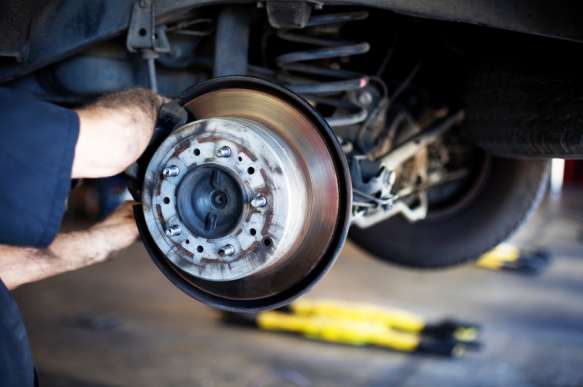
Disc brakes are called disc brakes because of the big metal disc – or rotor – that spins with the wheel. The brake pads rub against the rotor to slow the vehicle. In technical terms, the motion energy of the moving vehicle is transferred into heat energy by the brakes. The job of the rotor is to absorb that heat and dissipate it into the atmosphere. To do that effectively, the rotor needs a certain amount of mass (measured by the thickness of the rotor) and a good surface to mate with the brake pads. Let’s talk about those two things. First is the thickness. A new rotor is nice and thick. It can absorb a lot of heat and dissipate it effectively. Over time, the rotor will wear away slightly. If it wears away too much, there is not enough metal to take care of this heat transfer and the vehicle will not brake as well. In fact, each rotor is stamped with the minimum thickness the rotor must have. When the ... read more
Posted on 4/26/2021
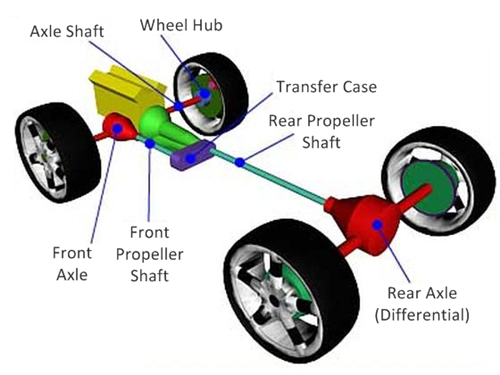
Answer: On a four-wheel-drive (4WD) vehicle, power needs to be transferred to both the f ront and rear axles. The transfer case is the mechanism that makes that happen. There are many drivetrain configurations out there, so we’ll just talk in generalities. Trucks and larger SUV’s are often primarily rear-wheel-drive. When the driver (or the vehicle’s computer) selects 4WD, the transfer case also sends power to the front axle. The transfer case may also contain an additional gear set for off-roading. The transfer case is lubricated and cooled by special gear oil. Over time, the oil gets contaminated and needs to be changed, just like your engine oil and transmission fluid. Your vehicle manufacturer will have a schedule. Your service advisor can help. Now many vehicles have all-wheel drive (AWD). AWD vehicles are often based on a front-wheel-drive or rear-wheel-drive vehicle with the addition of a center differen ... read more
Posted on 3/25/2021
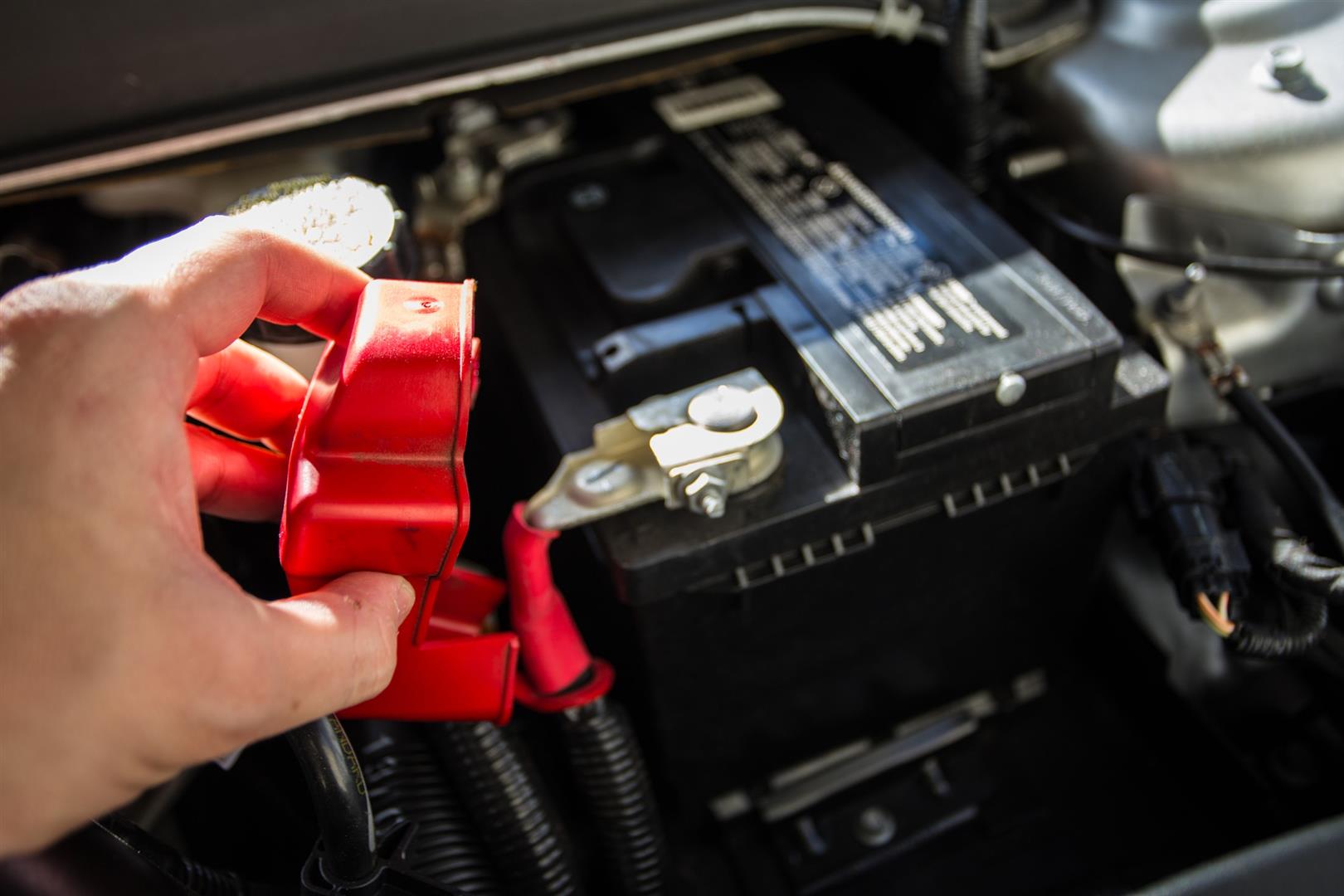
Chances are you've had the power go out in your neighborhood at some time, and you know how helpless you feel. No lights, no microwave oven, no cold refrigerator: Yikes, it's like living in another century. Well, your vehicle is also highly dependent on having power for it to run properly. When your battery cables are failing, that power is not transferred as it should be. Battery cables are essentially the wires that connect your vehicle to its battery. The positive cable supplies the power to various components that use them and the negative grounds the system to the vehicle chassis. This setup allows you to have power throughout your vehicle. When a battery cable fails, your vehicle may not start, your starter may turn over very slowly, or you may hear a clicking noise. And you may see your battery warning light go on. Just like a house with no power, a vehicle with no power needs to get it back for things to work the way they sho ... read more